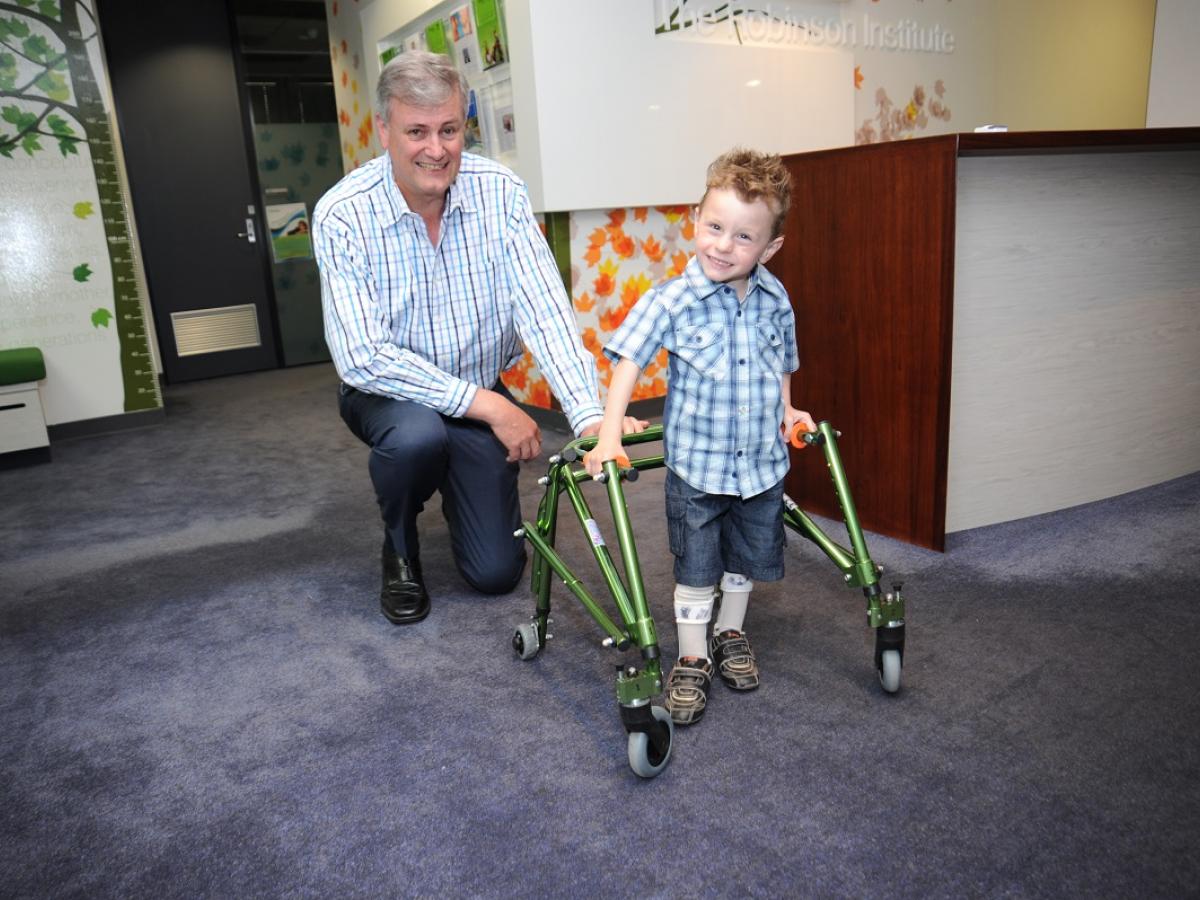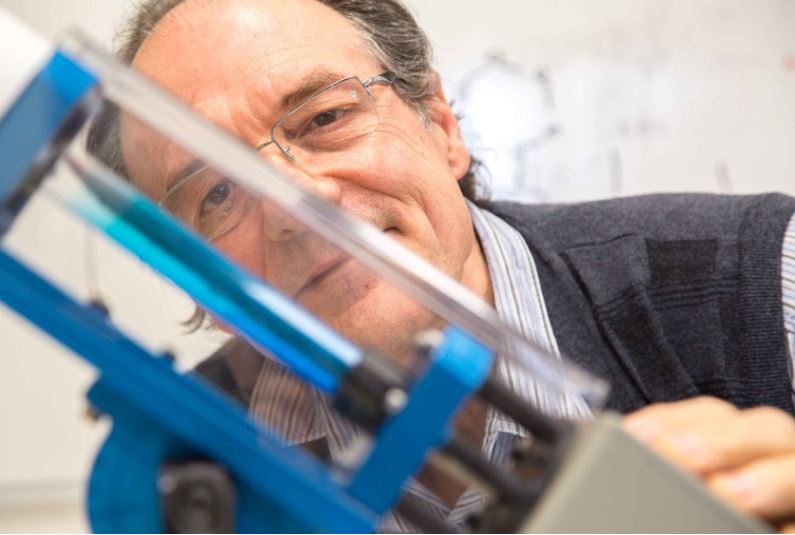Why did council decide to develop this food system focus?
The focus on the food system allows an integrated and practical response to the complex issues of obesity, food insecurity and food waste. In 2015 Council became a signatory to the Urban and Regional Food Declaration, put forward by Sustain: The Australian Food Network, which has a vision of a sustainable, healthy and fair food system. The recognition that complex and challenging food related problems need to be addressed by multiple organisations working at various points of the food system, was the basic impetus for developing a food systems strategy.
What could be the community impact of this strategy?
In terms of healthy eating, a positive outcome of the strategy would be for other organisations, workforces and businesses to also create healthy environments for customers and staff. At an individual level we may see more residents composting and becoming aware of food waste at their workplace or school. Greater awareness of local foods, seasonal produce and reduced packaging may increase interest in using local farmers markets or attending local food events. Increased support for community groups which have skills in growing, harvesting, preserving and preparing foods should build community capacity in these areas.
– How do you envision the community’s attitude to the food system long term with this strategy in place?
In the long term, widespread community attitude to the food system is most likely to be altered through economic pressures driven by changes in climate and costs of production and transport. A local government strategy is not intended as a single influential factor which will create widespread change. It is put forward to show leadership and advocacy on these important issues in our community.
– Is there any more detail on how the trial planting of food trees in public spaces would work?
The trial planting of food trees is to be undertaken as part of the Urban Forest Action Plan and are most likely to go in areas such as reserves and parks as they are not suitable for nature strips due to tripping hazards. As food trees require ongoing maintenance, this is a project which would really benefit from community involvement and may become an opportunity to hold educational sessions on pruning trees and even preserving fruit.
– How will council manage conflicting priorities of balancing a focus on local produce that can increase price of food and food security, so many people by produce at lowest cost possible to eat within budget? Will this problem be acknowledged in strategy actions?
The population of Ballarat is definitely large enough to support a food system with a range of price points. Showing support for local producers will not reduce the opportunity for residents to buy good quality and healthy food at low prices. Educating people to look for seasonally available food is a good strategy for getting the most flavoursome food at the most affordable prices.
– There is detail on educating about growing and preparing one’s own food in the strategy. It seems so many houses in the newer suburbs won’t have space to grow in their own backyard. Is there any planning vision around allowing for communal gardens in these newer areas?
The community reference group for Lucas has begun to meet and a community garden is one of their projects of interest. In conjunction with City of Ballarat staff they are currently scoping whether they will be able to join in with other local community gardens or set one up at the Lucas Community Hub. There has been a lot of work by dedicated volunteers and funding committed to communal gardens recently such as the YMCA gardening club at the Delacombe Community House, and the Food is Free Green Space in Redan.





